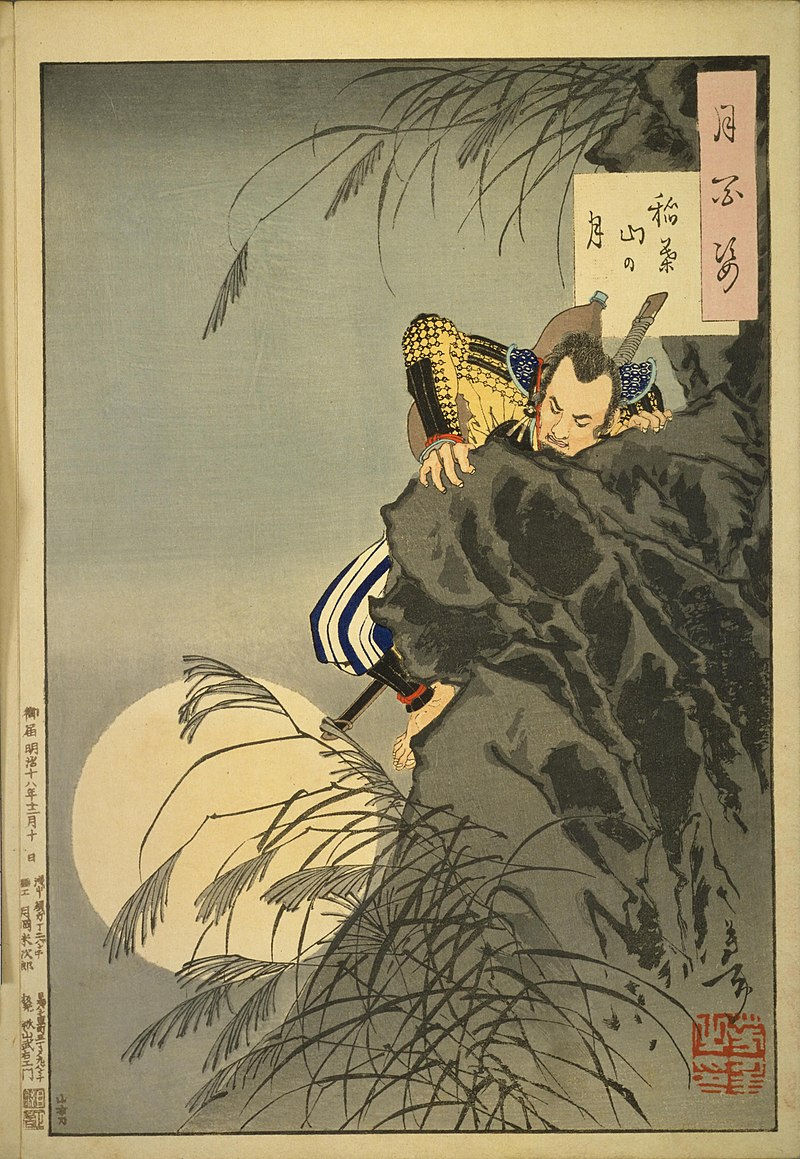Emperor Showa
- 2304583d
- Aug 4, 2024
- 3 min read

Emperor Shōwa (昭和天皇) (1901–1989) was the 124th emperor of Japan, reigning from 1926 to 1989. His reign, known as the Shōwa era, was the longest of any Japanese emperor and spanned significant periods of Japanese history, including World War II and the post-war economic miracle.
Early Life and Background
Birth and Family: Emperor Shōwa was born on April 29, 1901, as Hirohito, the eldest son of Emperor Taishō and Empress Teimei. He was educated in preparation for his future role as emperor, studying both traditional and Western disciplines.
Ascension to the Throne: Hirohito became emperor on December 25, 1926, following the death of his father, Emperor Taishō. His reign marked the beginning of the Shōwa era.
Reign and Key Events
Early Reign and Political Climate:
Political Instability: The early years of Emperor Shōwa’s reign were marked by political instability and the rise of militarism in Japan. The country experienced frequent changes in government, economic difficulties, and growing influence of the military in politics.
Rise of Militarism: The 1930s saw the rise of militaristic and nationalistic ideologies, leading to increased military aggression and expansionist policies.
World War II:
Involvement in the War: During World War II, Japan, under Emperor Shōwa, was involved in aggressive military campaigns in Asia and the Pacific. The conflict led to significant suffering and destruction, both in Japan and in occupied territories including Singapore which was then a colony of the British Empire.
Although debates are still ongoing in regards to how much the Emperor supported or did not support the war. It is clear from his writings that he disapproved of the militarism and objected to the Imperial Japanese Army's false flag operation which preceded the invasion of Manchuria, but if he did not want to go to war, it appears that he was unable to translate his desires into policy which would be able to curb the influence of the militarists and protect the power of civil government.
Post-War Reflection: After Japan’s defeat in 1945, Emperor Shōwa addressed the nation in his famous “Jewel Voice Broadcast” (Gyokuon-hōsō), where he announced Japan’s surrender and the end of the war.
Post-War Era and Occupation:
American Occupation: Following the war, Japan was occupied by Allied forces led by General Douglas MacArthur. The occupation focused on democratizing Japan, including constitutional reforms and economic restructuring.
Emperor’s Role: Emperor Shōwa's role was transformed under the new constitution of 1947, which renounced his divine status and established him as a ceremonial figurehead, and a symbol of the unity of the Japanese people. The new constitution emphasized democratic principles and civilian governance.
Economic Recovery and Modernization:
Economic Miracle: The post-war period saw Japan’s rapid economic recovery and growth, known as the Japanese economic miracle. Japan transformed into a major industrial and economic power, with significant advancements in technology and industry.
International Relations: Emperor Shōwa played a role in Japan’s reintegration into the international community, engaging in diplomatic efforts and fostering positive relations with other countries.
Later Years and Legacy
Death: Emperor Shōwa died on January 7, 1989, at the age of 87. His death marked the end of the Shōwa era and the beginning of the Heisei era, with his son Akihito succeeding him as emperor.
Legacy: Emperor Shōwa’s reign spanned a period of profound transformation for Japan, from militaristic expansion and wartime suffering to post-war recovery and economic prosperity. His long reign witnessed Japan’s emergence as a democratic and economic powerhouse.
Historical Impact: His role in World War II and subsequent transition to a symbolic figure under the new constitution had lasting effects on Japanese history and politics. The post-war reforms and economic achievements under his reign shaped modern Japan.
Cultural Influence: Emperor Shōwa is remembered for his contributions to Japan’s recovery and growth, and his reign remains a significant period in understanding Japan’s 20th-century history.
Emperor Shōwa’s reign was marked by dramatic changes and challenges, from wartime struggles to post-war recovery, and his impact on Japan’s modern history is profound and far-reaching.





Comments